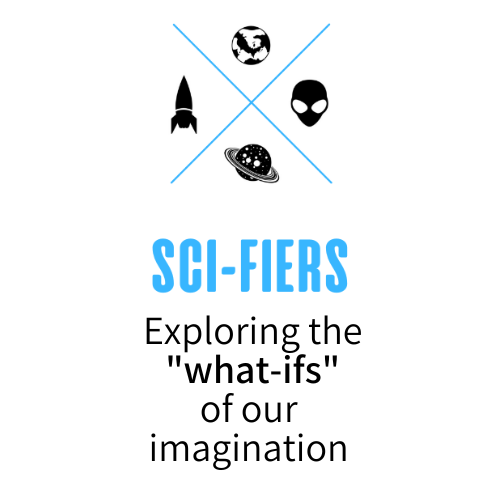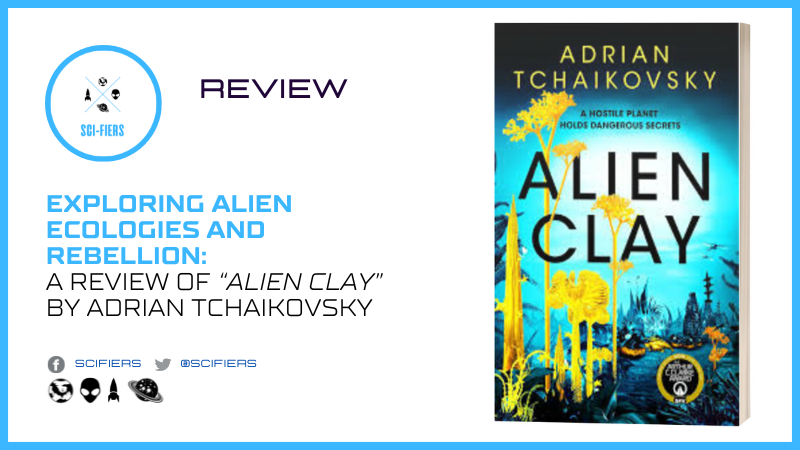Alien Clay by Adrian Tchaikovsky is a thought-provoking science fiction novel that blends speculative biology with political commentary. Set on the exoplanet Kiln, a brutal prison colony run by Earth’s authoritarian Mandate, the story follows xeno-ecologist Arton Daghdev, exiled for his heterodox theories and revolutionary leanings. Tasked with studying Kiln’s alien ruins, Daghdev uncovers a biosphere where life thrives through radical symbiosis, challenging human notions of individuality and intelligence. Tchaikovsky’s worldbuilding is exceptional, crafting a vividly alien ecology that feels both horrifying and awe-inspiring, reminiscent of Joan Slonczewski’s The Children Star.
The novel excels in combining science and politics. Kiln’s collaborative ecosystem reflects upon the narrative’s exploration of resistance against the Mandate’s oppressive orthodoxy, which limits scientific inquiry. Daghdev’s wit and introspective narration add humor and depth, though the middle section occasionally slows with dense ecological exposition – but it was necessary for the plot. The tension between prisoners and the sadistic commandant fuels a paranoid atmosphere, culminating in a thrilling, transformative climax that redefines freedom and community. While some may find the focus on Kiln’s biology over character development limiting, Tchaikovsky’s ability to create revolutionary themes with speculative science makes Alien Clay a standout. Its ending, both chilling and hopeful, lingers long after the final page. This is a must-read for fans of cerebral sci-fi that dares to reimagine life itself.
Scifiers explores science fiction narratives that enliven our imagination and compel us to think about the “what-ifs” of creative world-building. It is on a mission to discuss ideas about sci-fi in its various forms that keep the genre in a state of continuous expansion.
facebook.com/scifiers

